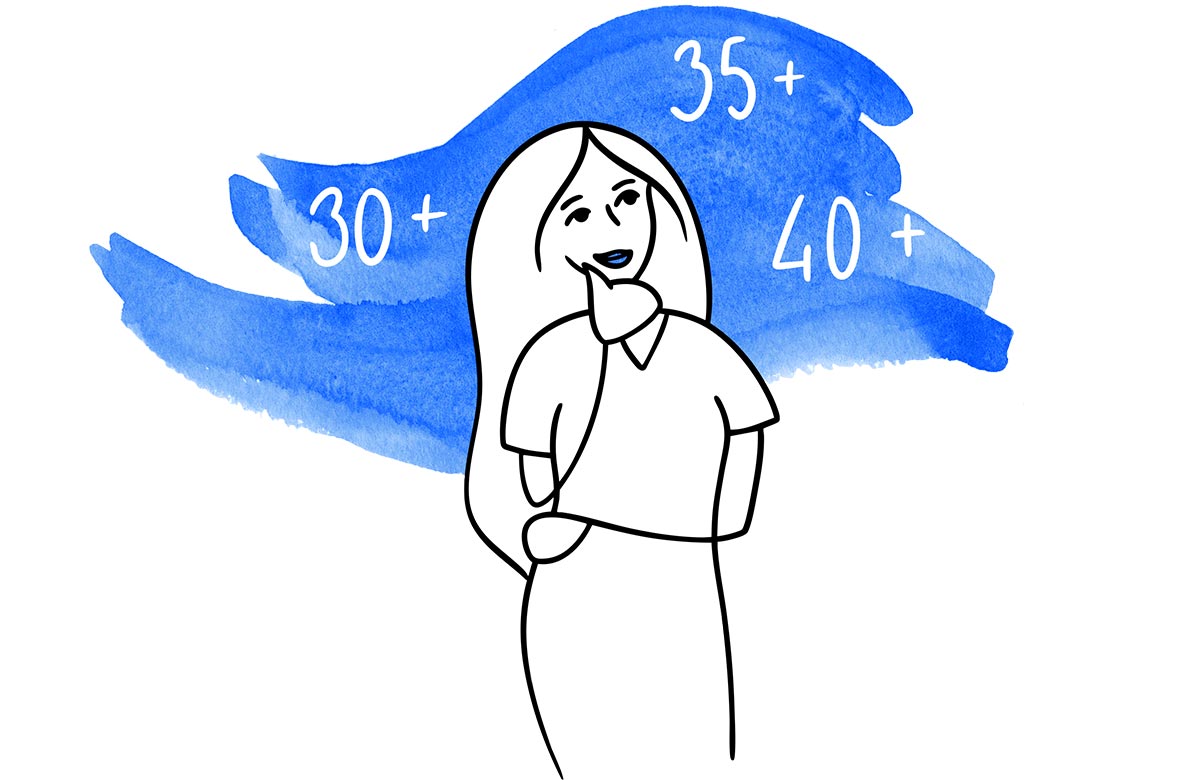9 December, 2025
Artificial intelligence in the IVF laboratory
Artificial intelligence (AI) is making significant inroads into healthcare, and assisted reproductio
[Continue reading ]Book now

Fertility preservation consists of freezing and maintaining the reproductive cells (ova and sperm cells) at very low temperatures in liquid nitrogen. By doing so, they are preserved intact for future use in assisted reproduction treatment.
This technique is indicated for patients (women and men) who are going to undergo medical treatments that may affect their fertility (such as chemotherapy, radiotherapy or hormone treatments), as well as for women who, for social reasons, wish to postpone motherhood.

9 December, 2025
Artificial intelligence (AI) is making significant inroads into healthcare, and assisted reproductio
[Continue reading ]18 November, 2025
Hello, I am Dr Almudena Utrera, and as a gynaecologist specialising in fertility, one of the conditi
[Continue reading ]